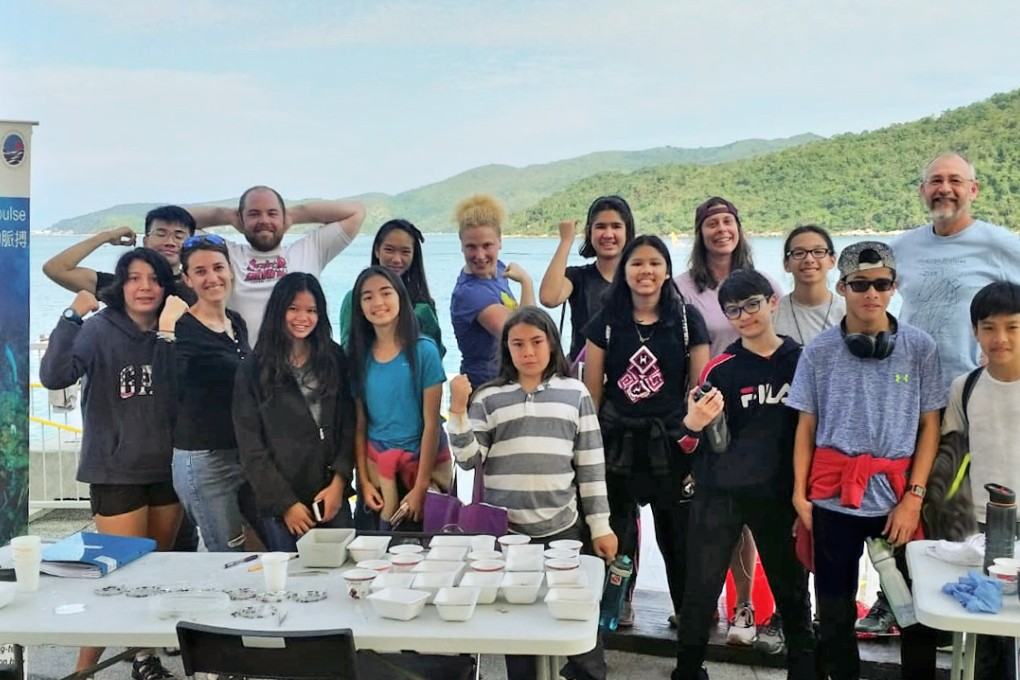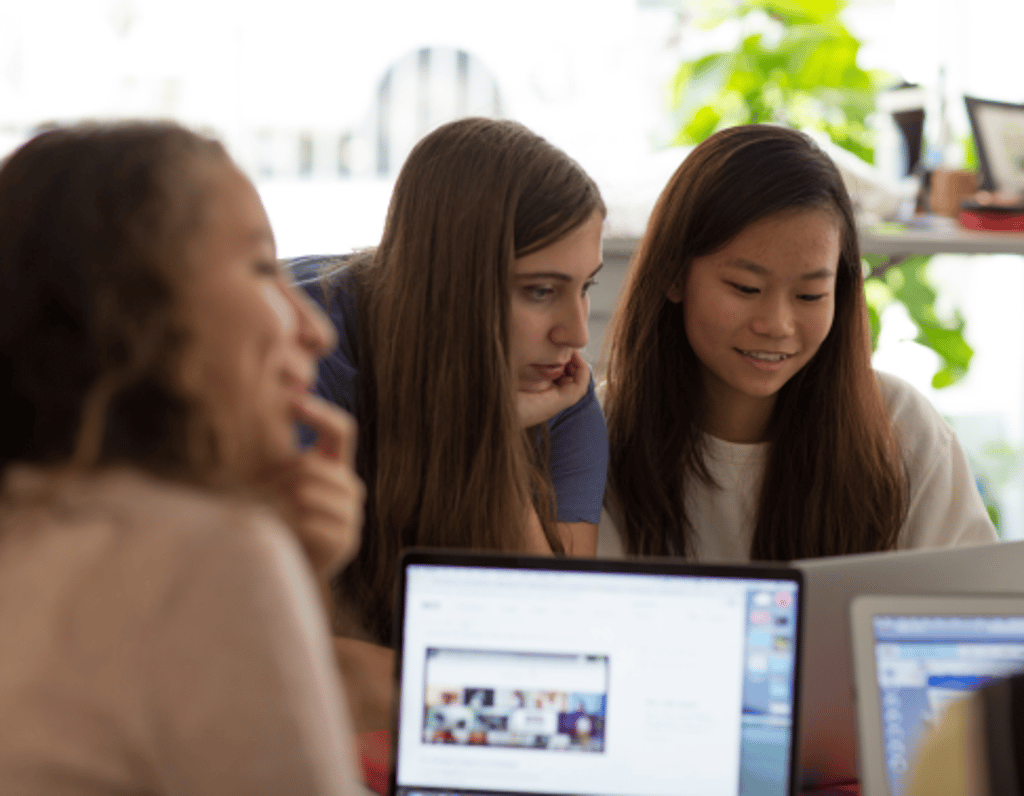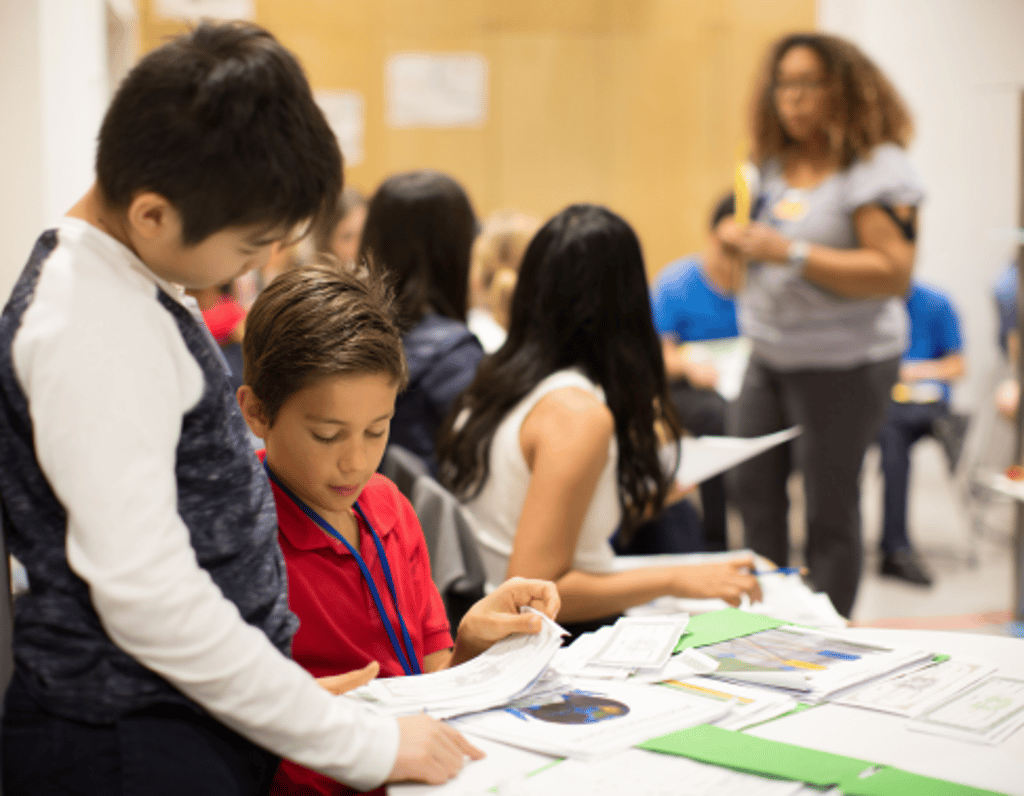Changing the Script

[Sponsored Article]
“Changing schools is like moving a graveyard… “ When Admiral Rickover wrote that in 1983, he was lamenting the fact that schools were already obsolete but resistant to change. Today, as Admiral Rickover observed, most teachers teach as they were taught, and most parents expect it will be so. Parents, teachers, and even children have a script that they apply to education that is based on their own childhood experience, film portrayals, and the expectations of many others including friends, neighbors, employers, and universities. Most of the expectations of the systems of school were developed during the Industrial Revolution – over 150 years ago – and the demands and opportunities of today’s world are vastly different than they were then. Although we know that if we were to start from scratch to design an educational system today we would never create the current script, we still find it difficult to let it go. And, apparently, that has been true for a long time.
But if we could develop an educational system to meet today’s needs (and tomorrow’s) with today’s technology and connectivity, what would we create? First, we need to look at the types of knowledge and skills that are most valued and valuable in the marketplace and throughout life. Numerous governmental, corporate and academic bodies (including APEC, the OECD and the World Economic Forum) have met to determine these over the past twenty years. There is general agreement among all of these organizations that vital 21st Century skills include such things as creativity, flexibility, self-direction, perseverance, problem-solving, the ability to collaborate with others and the ability to communicate effectively. None of those abilities are gained or practiced when children sit in individual chairs competing with each other to finish disconnected tasks assigned by a teacher. The old model was not designed to enable the skills that most organizations believe are necessary today, and will be even more necessary tomorrow.

Certainly, it also no longer makes sense to have a teacher at the front of the room who distributes knowledge. No teacher could possibly know as much as the internet, and there is no longer a reasonably prescribed body of knowledge out of the ocean of possibilities. Many current fields of study (such as Economics, Psychology, or Computer Programming) were not even established when the current set of “requirements” was created. And even if we considered lectures to be a great way of transmitting information, it is now perfectly possible to find excellent lecturers and lectures online. Schools are moving away from having teachers act as the “sage on the stage” and more towards considering a teacher to be a “guide on the side.” Students who are trying to solve a problem will learn a great deal by exploration, both online and through experimentation, with guidance from a teacher rather than being given a set of facts to memorize.
In order to design a new educational system, then, we have to let go of at least some of the current script. We have to allow students to move and explore, encourage them to work together, give them real-life and important problems to solve, and allow productive failure on the road to creative expression and innovative thinking. The script of school is also expanding to include different types of venues. Students can learn on a boat, or in a marine science lab, or in a makerspace, or online with other students from India or Indiana. Instead of being confined to specific chairs, they may move about a classroom, stand, or sit on the floor in a collaborative area. In order to learn self-direction and time-management, students may be encouraged to spend at least part of their school experience pursuing their own interests or questions in a way that they can then communicate to their peers or parents. Unlike their great-grandparents, who had to train for one particular career, today’s students must be encouraged to be curious, flexible, and agile, as they are training for a lifetime of change.
